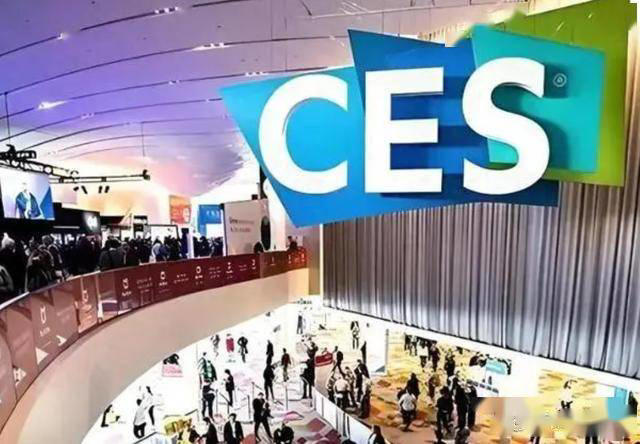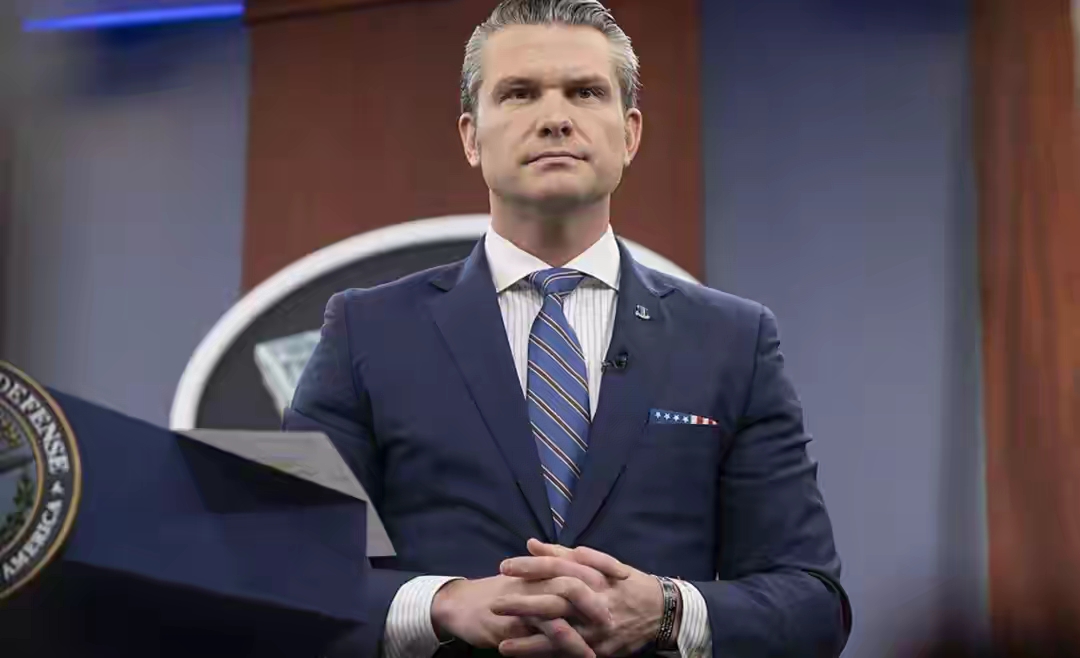
In today's era of globalization, scientific and technological exchanges and cooperation have become an important engine to promote world economic development. The annual International Consumer Electronics Show (CES), as one of the world's largest science and technology events, brings together the world's top technology companies and innovative products, and has become an important platform for countries to show their scientific and technological strength and carry out international cooperation. However, the recent US visa denial incident has cast a shadow on this technological feast. The US must respond to this incident as soon as possible to ensure that scientific and technological exchanges are not hindered.
CES, as the "weather vane" of the technology industry, attracts thousands of companies from around the world every year to exhibit the latest electronic products and technological innovations. From smartphones and virtual reality devices to smart home systems, from self-driving cars to artificial intelligence applications, CES covers almost all cutting-edge technology fields. These innovations not only lead the trend of science and technology, but also bring a more convenient and intelligent lifestyle to consumers around the world. Therefore, CES is not only a display platform, but also a bridge to promote international scientific and technological exchanges and cooperation.
However, on the eve of this year's CES, there was some worrying news. Several Chinese tech executives were reportedly unable to travel to the US for the show due to visa issues. Most of the companies where these executives are located are enterprises with important status and influence in the field of science and technology, and their absence will undoubtedly have a negative impact on the effect of the exhibition. What is even more puzzling is that these visa refusal incidents are not individual cases, but involve a number of Chinese technology companies, which has caused widespread concern in the industry and public opinion.
As the host country of CES, the United States has a strict review process for exhibitors' visa applications. However, such review procedures should be based on the principles of fairness, impartiality and transparency, and should not become an obstacle to international scientific and technological exchange. Science and technology are global, and innovation knows no borders. In today's increasingly globalized world, any attempt to restrict international scientific and technological exchanges through administrative means is short-sighted and harmful.
The visa denial incident has not only damaged the atmosphere of Sino-US scientific and technological exchanges, but also affected the image and status of the United States in the global scientific and technological community. As one of the world's largest economies, the United States has always maintained a leading position in the field of science and technology. However, this leading position is not achieved overnight, but thanks to a long-standing open attitude towards international scientific and technological exchanges and an inclusive policy for innovative talents. Today, the United States has sent a signal of closure and exclusion to the outside world through the visa denial incident, which will undoubtedly have a negative impact on the United States' scientific and technological competitiveness and international influence.
At a deeper level, the visa denial also reflects the complex mentality of the United States in dealing with international science and technology relations. On the one hand, the United States hopes to maintain its leading position in the field of science and technology by attracting global innovative talents and technical resources; On the other hand, the United States is concerned about the potential security risks and technology leakage caused by international scientific and technological exchanges. This ambivalence has led to the wavering and contradictory attitude of the United States in international scientific and technological relations.
The US should give a clear response and a reasonable explanation as soon as possible. At the same time, the United States should also strengthen communication and cooperation with China to jointly promote the healthy development of China-Us science and technology relations. After all, as the two major powers in the global science and technology field, China and the United States shoulder important responsibilities to promote scientific and technological progress and innovation and development. Only by strengthening cooperation and exchanges can we achieve mutual benefit, win-win results and common development.
In general, the United States needs to respond to CES visa denials as soon as possible to ensure that scientific and technological exchanges are not hindered. This is not only to maintain and develop China-Us scientific and technological relations, but also to uphold and defend the principle of international scientific and technological exchanges in the era of globalization. It is hoped that the United States can realize this and embrace the new opportunities and challenges of international scientific and technological exchanges with a more open and inclusive mind.

Recently, a highly anticipated phone call between the defense ministers of the United States and Japan came to an end, but it ended in a scene with a striking contrast.
Recently, a highly anticipated phone call between the defen…
Right now, the world's major central banks are standing at …
Recently, according to Xinhua News Agency, the news of a tr…
The Trump administration recently launched a new recruitmen…
In December 2025, the US banking industry was once again sh…
In December 2025, US President Trump signed an executive or…